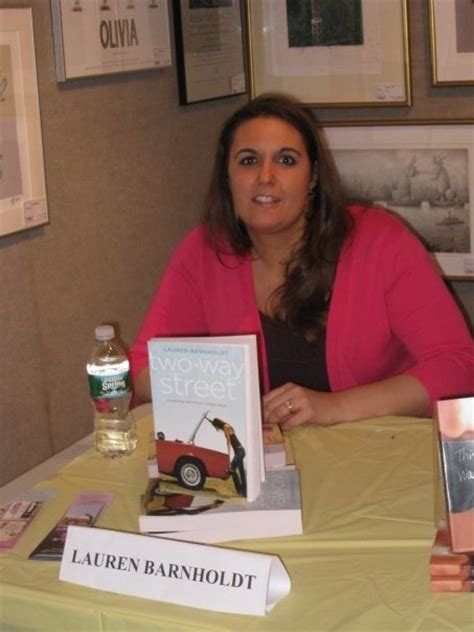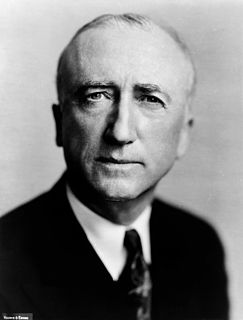A Quote by Markus Zusak
Sometimes you get the cynical person saying, 'Do we really need another book set in Nazi Germany?' But I think you just have to ask, 'Is this a story worth telling?'
Related Quotes
Because sometimes when someone is telling you something really important, it’s best to just let there be silence, to really think about what they’re saying. A lot of times people think they have to say something all insightful or wise or something to try and make the person feel better. But really, sometimes silence is best.
You don't need any courage today in Germany to make a movie about the Nazi time. You get all the subsidies, you get the TV stations, you get the good reviews. But you need courage to kick in the balls all the people that are still hiding under the blanket, and to say, "Oh, Adolf Hitler was maybe not so bad." And with my little Nazi jokes in Postal, I offended the Germans in a harsh time.
I think that television lately has been extremely dark and, in some ways, cynical but I also think that people who are writing those shows probably feel exactly as I do - that sometimes the darkness of a story can highlight the light in a story. There's a lot of cynical stuff but I think it may be even more in movies now where you see so many movies about cynical and corrupted characters. That's the state of many movies right now but movies, television, all of culture, there's always going to be a battle between the stories that are cynical and stories that are hopeful.
Every story is flawed, every story is subject to change. Even after it is set down to print, between covers of a book, a story is not immune to alteration. People can go on telling it in their own way, remembering it the way they want. And in each telling the ending may change, or even the beginning. Inevitably, in some cases it will be worse, and in others it just might be better. A story, after all, does not only belong to the one who is telling it. It belongs, in equal measure, to the one who is listening.
Too many writers think that all you need to do is write well-but that's only part of what a good book is. Above all, a good book tells a good story. Focus on the story first. Ask yourself, 'Will other people find this story so interesting that they will tell others about it?' Remember: A bestselling book usually follows a simple rule, 'It's a wonderful story, wonderfully told'; not, 'It's a wonderfully told story.'
The idea that a story has to be 'exceptional' in order to be worth telling is curious to me. What if we looked at every single person's story as a site of possibly infinite meaning? What if we came to believe that there isn't hubris or narcissism in thinking your story might be worth sharing - only a sense of curiosity and offering?
I think that when I'm telling a story, I'm doing the best I can to tell the story as fully as I can, and if there are various fractures that happen in the story, then that's just the very thing that the story is as opposed to my looking for avenues of difference in one story. They just really do exist. For me, anyway.
I think that people have to have a story. When you tell a story, most people are not good storytellers because they think it's about them. You have to make your story, whatever story it is you're telling, their story. So you have to get good at telling a story so they can identify themselves in your story.



































